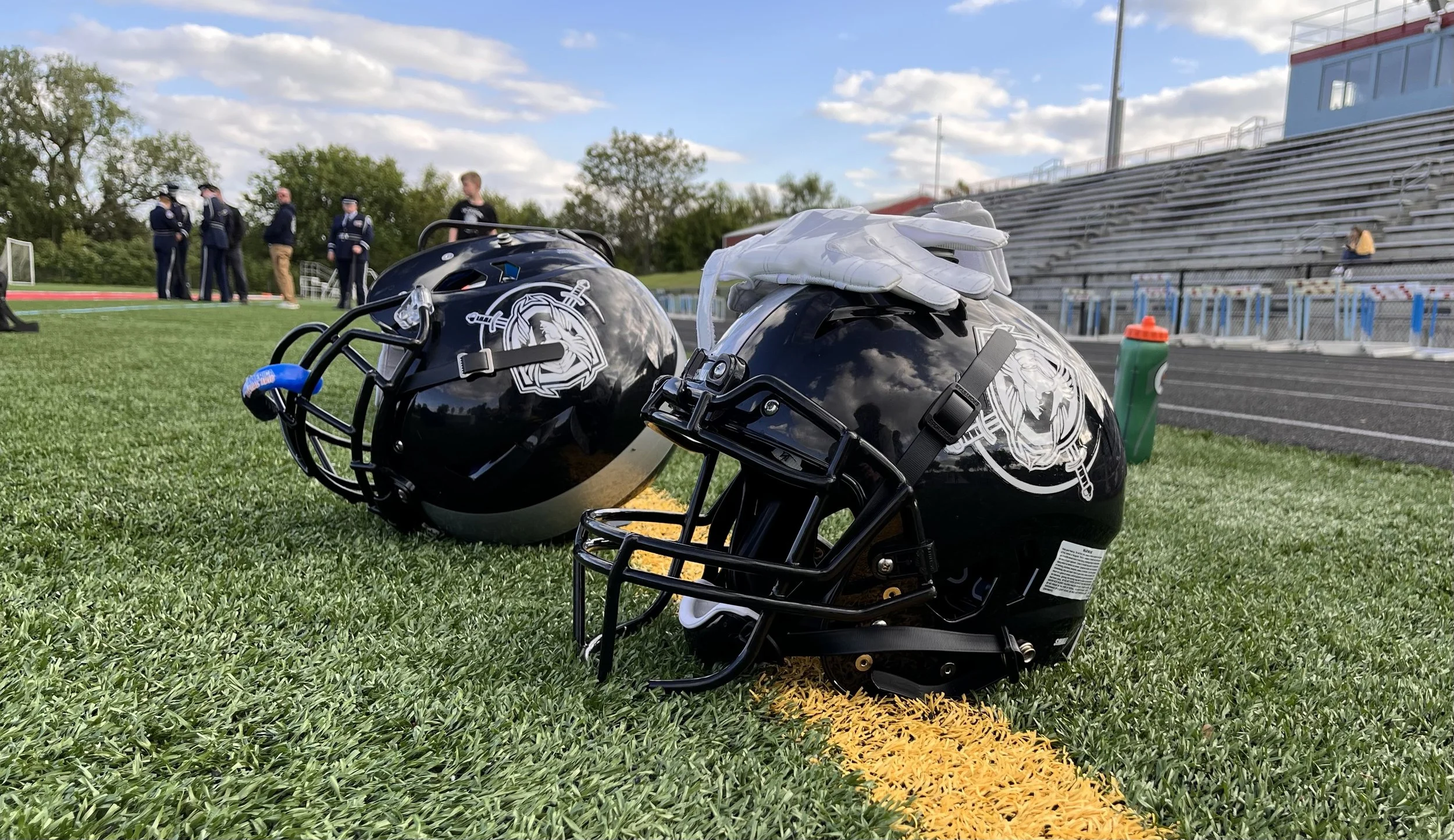“The Missing Piece” Highlights Autism Resources in North Omaha
By Lindsay Wilson
When people think of autism, they don’t generally think of young Black girls first. Boys are four times more likely than girls to be diagnosed. According to a study by the Center for Autism and Developmental Disabilities Research and Epidemiology at the University of Pennsylvania, Black children with autism are 5.1 times more likely to be misdiagnosed with a conduct disorder. To increase awareness of autism in North Omaha, local organizations Wonderfully Made, Unbound Konnect, and Our Gathering Place joined together to share information about the intersection of autism and the North Omaha Community on Nov. 7 at the Metoyer Event Center.
The event, entitled “The Missing Piece,” opened by covering the basics of what autism is and some of the challenges it can bring for autistic people such as:
Communication challenges
Sensitivity to changes in routine/light/sound
Difficulty relating to people
Alongside these challenges are some advantages, such as a greater ability to remember detailed information and obsessive interests, sometimes called “abiding loves.”
A medical professional can screen for autism as early as 18 months of age. Early diagnosis, nutrition and dietary support, and play therapy assist in the development of autistic children. However, there are some barriers to getting effective medical care in Black and Brown communities including lack of access to healthcare, lack of physician familiarity with autism, stereotypes which can lead to misdiagnosis, and an understandable lack of trust in the medical system among Black and Brown communities, given the lack of cultural competency among medical professionals. In general, there is a lack of awareness regarding the signs of autism in young children across all communities and cultures.
The University of Nebraska Medical Center’s new clinic for toddlers at 5050 Ames Ave. aims to bridge some of these barriers in autism care for the North Omaha community.
The new UNMC clinic (402-836-9781) serves children under the age of five and their caregivers, with an emphasis on caregiver training. Therapists support children with functional skills such as communication, basic school readiness and self-care. In order to overcome some of the challenges in obtaining care faced by people of color with autism, the clinic hires from within the community it serves and requires focused cultural competency training for all staff members.
Another resource available locally is the Autism Action Partnership (AAP).
AAP offers peer support for autistic children and adults, as well as support for young adults entering college and the workforce. AAP also hosts Project Lifesaver, a program that trains law enforcement on interacting safely with autistic individuals.
The Missing Piece featured two autistic individuals of color as speakers. Andre Partridge spoke about his difficulties navigating the educational system in a combination of special needs and regular classes, as well as his struggles to navigate adult life. Andre was hit by a car while he was in the process of transitioning from a school bus to a city bus to get to work. Still, he had some words of advice for fellow autistics and neurotypicals (non-autistic individuals) alike. “Learn from your mistakes and move forward,” he suggested. “Focus on the moment and move step by step.” Elle Love spoke about her journey in the public school system, as well as her father’s journey to become an advocate for her and her autistic brother. She described how her father took time off from work to develop a success plan for each of his children--something the schools were not doing. Though her transitions from high school to college to work were difficult for Elle, she found her place in the world of journalism and now focuses on educating her community about resources for autistic people of color. (Elle Love works for NOISE.)
Following the main program, a panel discussion featured Dr. Natalie Swift, Psy.D., a therapist specializing in working with adults on the autism spectrum, Traci Morgan, grandmother and mother to autistic children, and Rodney Johnson, father of two special needs children. When asked what resources are lacking in their communities, the panel agreed that there is limited information and support for autistic individuals and their families. They also cited a lack of peer-to-peer interaction and support for autistic individuals. Morgan pointed out that there is no program for autistic children to attend after they have been suspended or expelled from school for problem behaviors.
When asked about the difficulties navigating the school system, Johnson replied that a parent must be willing to “create their own baseline” for their child’s success, as well as fight unnecessary medication as an easy way out to help a child deal with their behavior. Johnson said it was important to expect more from one’s child regardless of whether they are autistic.
Morgan advised that communicating with the child, rather than simply babysitting them, is key.
The Missing Piece was sponsored by Parent Training and Information Nebraska (PTI), Autism Action Partnership and Sheltering Tree (providing affordable, independent living communities for adults with developmental disabilities). Together these organizations provide support to autistic individuals and their families from school years through adulthood.













